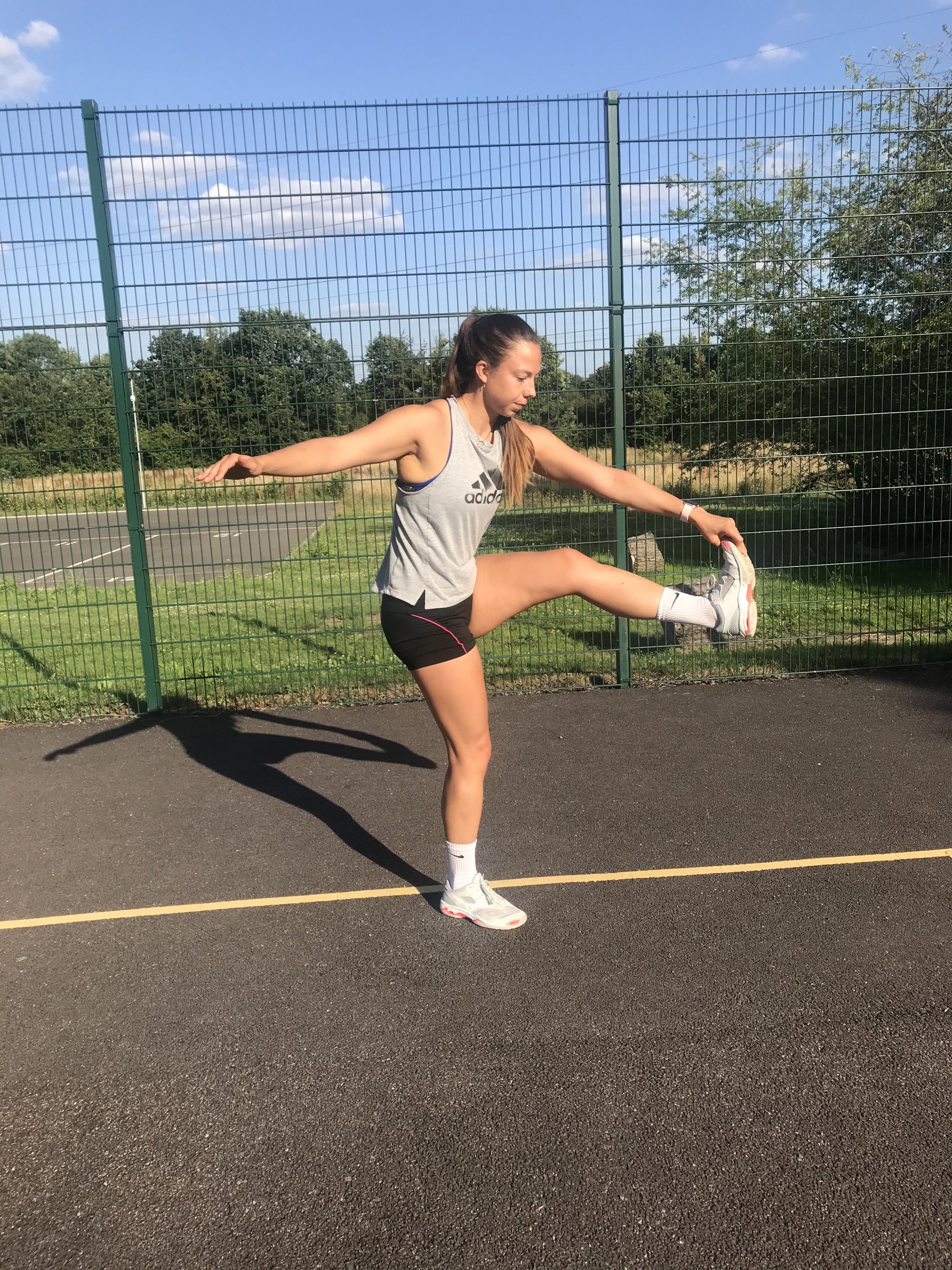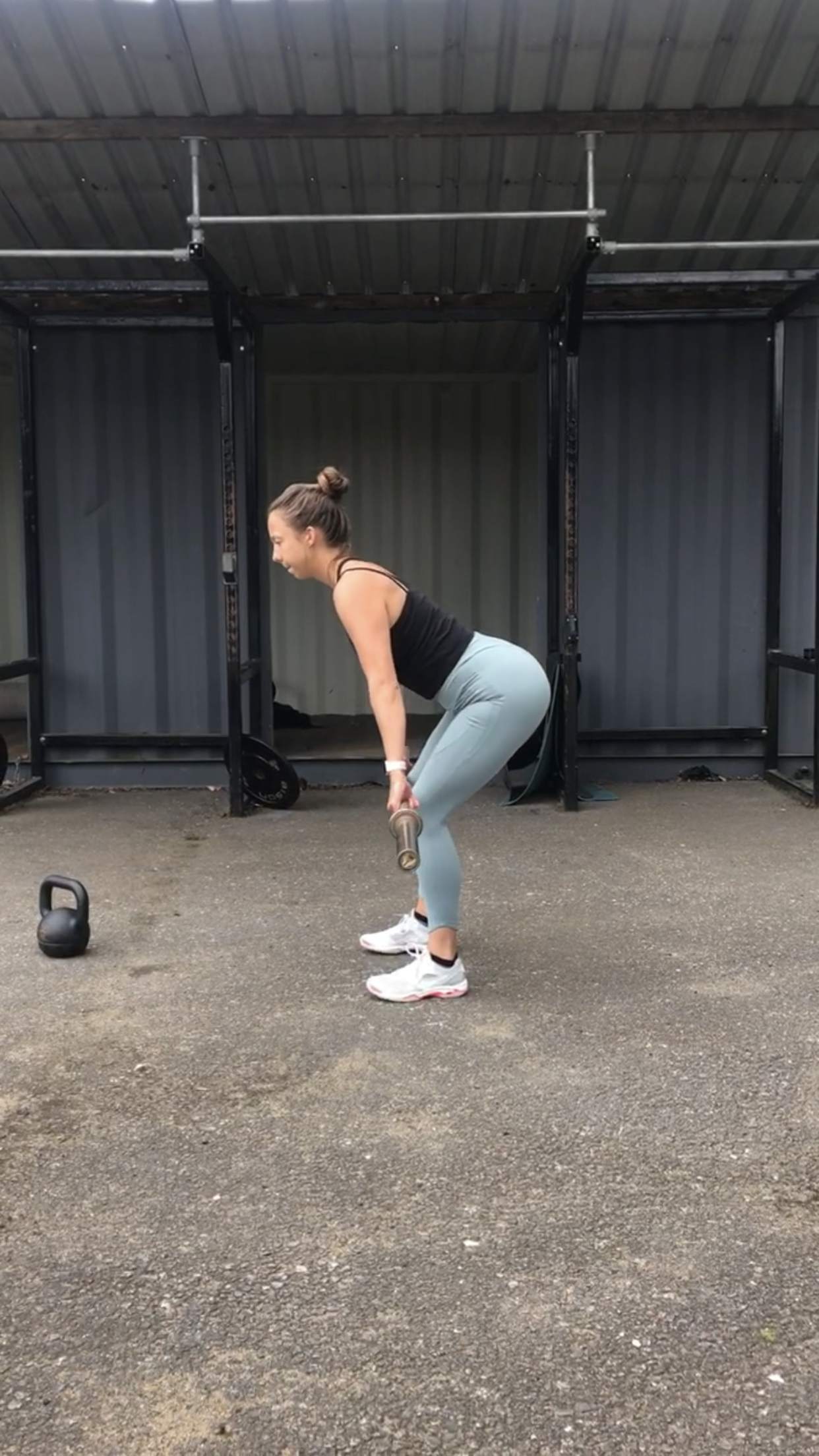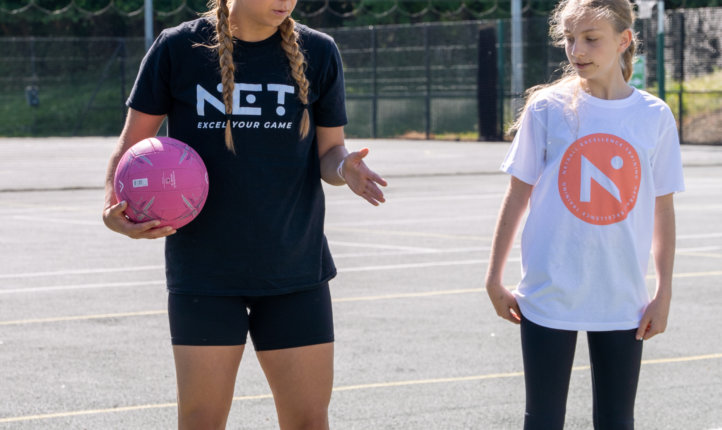March 1, 2021
How to Plan your Training Week
There is lots to consider when it comes to training to improve your game. Not only do you want to improve your strength, your speed, your jump height, your fitness, your ball handling and your mobility, but you also want to plan specific rest days so that you can recover efficiently from all that hard work. It’s easy to feel tired and ‘burnt out’ just reading that long list, so how can we avoid ‘burn out’ in real life.
The secret to any successful training programme is planning. Now there is A LOT of science and information around this subject that you can sink your teeth into, however this article will help you to scratch the surface and hopefully give you a basic understanding of how you can best plan your weekly sessions to support your athletic development.
What should we consider when planning?
It is important that your weekly planning not only includes your main sessions, but that they are also programmed on days that complement each other and give you sufficient rest before the next training session. The key blocks of any training programme should be:
- Training Sessions
- Rest Period
- Stretch and Recovery Periods
How can we plan a week to avoid exhaustion?
Different types of sessions require our bodies to work differently. A weight or strength and conditioning training session typically requires us to use explosive, powerful movements for max effort whereas a session practicing ball work requires less of our whole body but may be more of a strain on our cardiovascular system. For this reason, our bodies require different lengths of rest between session.
A golden rule for programming is to never repeat the same type of session two days in a row. For example, if you have completed a long run on a Monday evening, you should avoid running on Tuesday and instead do a weight session or some light ball work to allow for your body to rest.
If you must complete two sessions in one day, make sure that you have sufficient rest between sessions (for examples complete one in the morning and the other in the evening), and ensure that you fuel and hydrate your body well in between to prepare it for the extra strain.
How do we make sure we take enough rest?
Rest days are SO important (check our last ‘How To’ article for more on this) and it is important that we schedule rest days into our weekly programming in order to benefit from our training and avoid feeling tired, burned out and most importantly avoid injury.
There is no exact number of rest days you should take in a week, however the golden rule is to always listen to your body. No matter what day you have programmed for rest, if you wake up in the morning with serious DOMS from yesterday’s training session, take rest. If you push your body too hard, you are likely to cause injury and therefore you will be forced to rest for much longer.
Start by planning 2-3 rest days within your programming and see how you feel. If you find that this is enough, then stick with it. If you need more, then take a look at your sessions – maybe you have done too much too soon and it might be worth scaling it back slightly.
How do we make sure that our programme is successful.
There is one very simple answer to this question. BE FLEXIBLE. I find it really useful to sit down on a Sunday afternoon and plan my session for the week because it means I stay accountable for my training. If I have planned to complete a training session at 6am on a Tuesday and have written it in my calendar, I am more likely to complete it. However, I still listen to my body! If I feel that my body would be better with rest, I might switch my weight session to a full body stretch to try and ease the pain and reschedule the session for later in the week. It takes two weeks of inactivity to loose fitness, so one day off when it’s needed isn’t going to ruin all your plans. In fact, it will probably help you.
If you’re struggling with your weekly programming, get in touch. NET offers Personal Programmes which focus on strength, fitness and netball specific skills session to help you reach your goals. Alternatively take a look at our Pocket Coach Programmes or Club NET subscription for weekly programming sent straight to your inbox.













